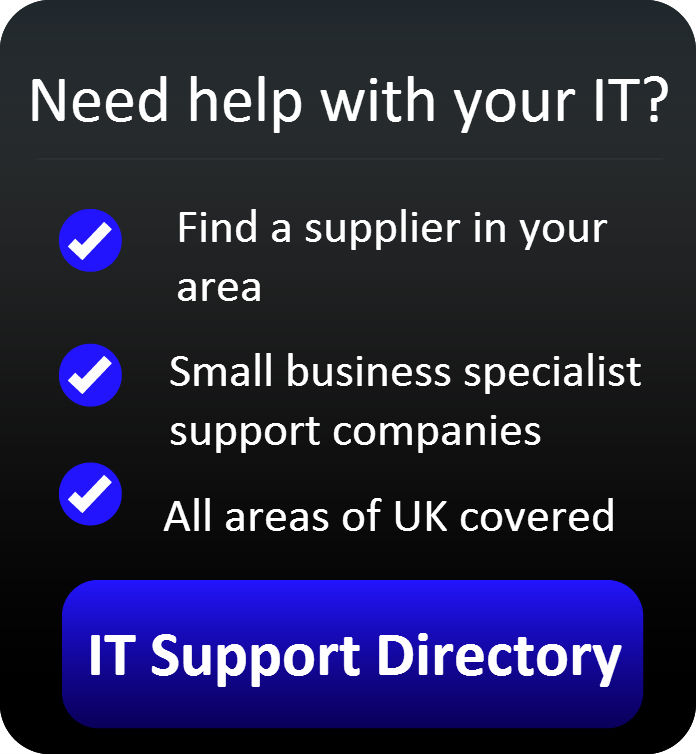How we found our IT support company
 Steve Wagner explains how he picked an IT support company to help Fair Web Solutions, his web development company
Steve Wagner explains how he picked an IT support company to help Fair Web Solutions, his web development company
Deciding we needed an external support company
“When we started out, we relied on a mix of in-house IT support and assistance from an external company, which we paid for on an hourly basis."
"The internal IT support was provided by our software developers, and I felt the conflict in roles and lack of experience in IT support cost us time – both in work for our clients, and in the time it took to fix problems with our IT systems.”
“On top of that, because we were buying external support on an as-and-when basis, we were a low priority for the support company. I was worried that if we had a really serious problem we’d have to wait for help. Besides, the service was reactive, so we were spending money fixing problems that could have been prevented in advance.”
Considering the options
“Once we’d looked at the issues we were having, we decided it would be best to stop all internal IT support and move to a contract with a support company. We specifically wanted a company that would monitor our systems and take action to stop problems occurring – as well as one that could resolve problems remotely, without having to visit our premises.”
“To begin with, I asked around for recommendations. My business contacts were happy to recommend support companies they had worked with.”
Interviewing IT support companies
“I approached several of the recommended companies and asked them to suggest what they could do for us, what the cost would be, and how they would typically move things on from there.”
“Our main aim was to stop problems happening in the first place. We wanted a support company that would be proactive about setting up systems and replacing hardware before it failed, so I asked each company how they would handle this.”
“We also wanted a company that would respond to issues appropriately, depending on their severity. So I asked how quickly they would respond to support calls and how long it would take them to solve problems. I also enquired what resources they had access to, and how long it would take them to visit our offices, if the issue required this.”
“The other important piece of information was their service level agreement. We wanted to be sure they’d be contractually obliged to respond within a certain period of time.”
“We also wanted to check the cost, so we weighed the price of support against the cost to our business of systems being down. We looked at the worst case, asking ourselves – honestly – how long it might take to set up new systems if we had to relocate and purchase brand new equipment. If that situation arose, the company could be entirely dependent on this forward planning.”
A support shortlist of one
“Having some technical knowledge in our business certainly helped us when we spoke to the support companies. One of them made recommendations that sounded good on the face of it, but actually could have caused us serious issues.”
“Once we’d spoken to all the companies, we ended up shortlisting just one: Signal Networks. I knew the person who recommended them well, and got a good feeling after meeting them. That’s an important indicator in my book.”
“Their recommendations for improving our systems were impressive, and in line with our plans for the business. They also provided them for free as part of the start up process.”
“We happily signed the contract with Signal, and since then we have moved to a much more proactive setup. Our systems are more up-to-date and we have a solid disaster recovery plan. Best of all, we are able to identify potential issues in advance, rather than fix them after they have become an issue.”
- What to ask when choosing a support company
- What should your IT support agreement cover?
- Find an IT support company in your area





